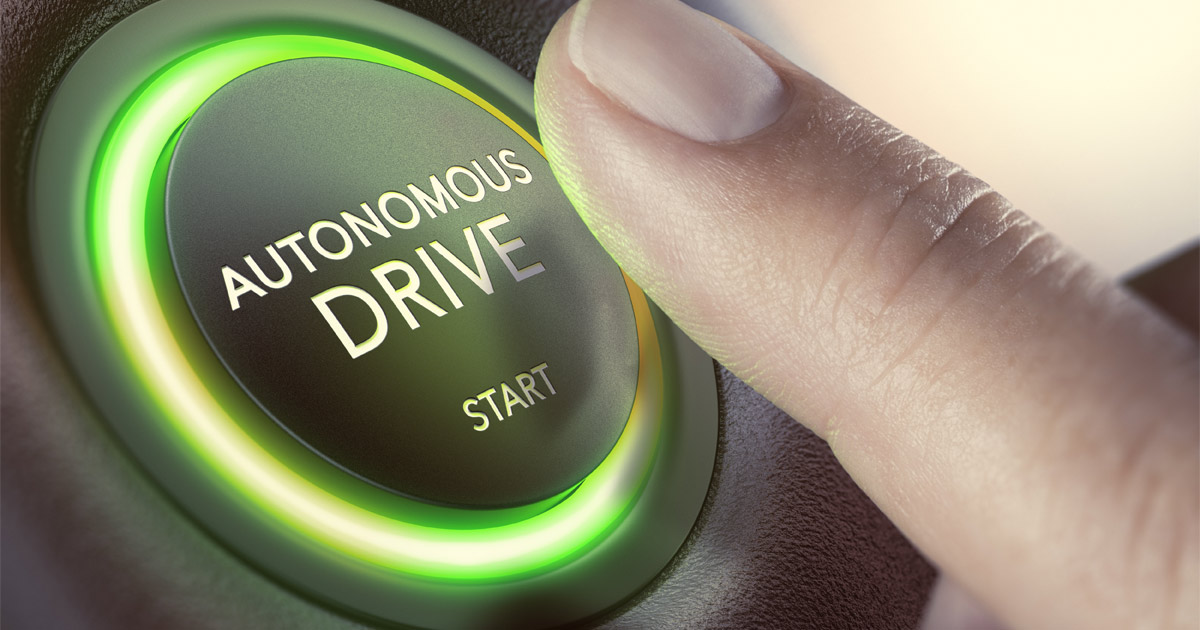Human Backup Drivers for Self-Driving Cars

As automakers continue to introduce self-driving cars on roads across the country, an interesting new job role has been created: the backup driver. The human back-up operator is there to let the artificial intelligence (AI) technology operate and act quickly when it does not. However, one leading expert in the self-driving auto industry has questions about how capable and qualified In-Vehicle Fallback Test Drivers (IFTD) are, and how they may impact consumer safety in the future. In a recent essay on Forbes online, the Executive Director of the Cybernetic AI Self-Driving Car Institute talks about the unique role of the backup driver.
Backup Drivers and Safety Concerns
The director points out IFTDs are expected to justify their actions; why they took over instead of letting AI do what it was designed to do. Whether they act too soon or too late, their choices are scrutinized, possibly making them hesitant to make crucial safety decisions in time.
When the backup driver does intervene, it is tough to prove human intervention avoided an accident if the crash never happened at all. He is also concerned backup drivers can be lulled into a false sense of security because AI works as intended most of the time.
Yet, what happens when an overconfident backup driver holds back and the self-driving car crashes, injuring the backup driver and others at the scene? This has already happened in a crash where a self-driving Uber accelerated, hitting a pedestrian while the backup driver failed to step in to avoid the crash.
Best Practices for Backup Drivers in Self-Driving Cars
To answer some of these questions and protect backup drivers, the Automated Vehicle Safety Consortium published their Best Practices for in-vehicle driver selection and training. The following are the recommendations included in the document:
- Prior driving experience for backup drivers and a mindset for the unique needs and challenges of the position
- Basic driving training and evaluation through practical and written driving tests for backup drivers
- Clear expectations for the backup driver’s responsibilities before, during, and after the trip
- Common sense rules like no smartphone use behind the wheel
It is important to note there are no laws mandating these safety standards for IFTD; automakers and AI technology developers ultimately choose if they will adopt recommended standards and practices. The director reminds readers that not only are safety standards for backup drivers essential for saving lives, but without self-driving car accidents, automakers will be encouraged to continue developing and improving this exciting technology.
Bucks County Accident Lawyers at Freedman & Lorry, P.C. Represent Injured Clients Throughout Pennsylvania
While self-driving technology is exciting, until it is perfected there will always be a chance for error, as with any type of car or truck. Bucks County accident lawyers at Freedman & Lorry, P.C. represent clients who have been injured in any type of accident. From pain and suffering to medical bills and lost income, we work tirelessly to recover the damages your accident has cost you. Call 888-999-1962 or use the online form to schedule a free consultation today. We are here to help you move forward after a traumatic accident. Located in Philadelphia, Cherry Hill, New Jersey, and Pinehurst, North Carolina, we serve clients throughout Pennsylvania.
